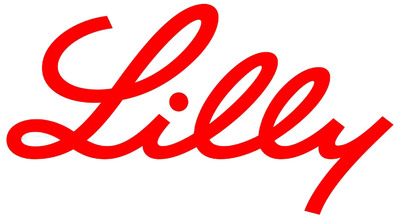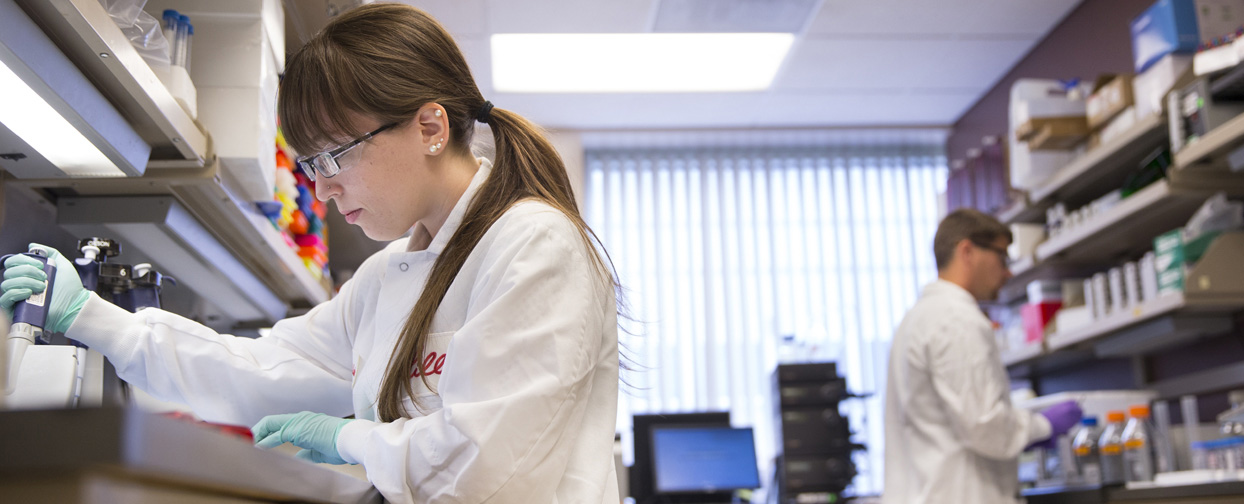Ixekizumab Demonstrates High Levels of Skin Clearance among Patients with Moderate-to-Severe Plaque Psoriasis Who Did Not Respond to Treatment with Etanercept
In UNCOVER-2, 64 percent (229/358) of patients treated with bi-weekly etanercept did not respond (static Physician's Global Assessment score [sPGA] ≥2) to treatment at 12 weeks. These nonresponders were treated with placebo at 12 weeks, then received ixekizumab every four weeks from Weeks 16 through 60.
This study's co-primary efficacy endpoints at 12 weeks of ixekizumab therapy were PASI 75 and sPGA 0 or 1. PASI measures the extent and severity of psoriasis by assessing average redness, thickness and scaliness of skin lesions (each graded on a zero to four scale), weighted by the body surface area of involved skin, while the sPGA is the physician's assessment of severity of a patient's psoriasis lesions overall at a specific point in time and is a required measure the
Among those patients who did not respond to etanercept, the following was observed at 24 weeks of the study, 12 weeks following treatment with ixekizumab:
- 83.5 percent of patients achieved PASI 75;
- 57.0 percent of patients achieved PASI 90;
- 22.0 percent of patients achieved complete resolution of psoriasis plaques (PASI 100).
At 48 weeks following treatment with ixekizumab, the following was also observed at week 60 of the study among those who did not respond to etanercept:
- 82.5 percent of patients achieved PASI 75
- 68.5 percent of patients achieved PASI 90;
- 43.5 percent of patients achieved complete resolution of psoriasis plaques (PASI 100).
Additionally, 73 percent of those patients who did not respond to etanercept achieved sPGA 0 or 1 12 weeks after starting treatment with ixekizumab.
The majority of treatment-emergent adverse events were mild or moderate. The safety profile after receiving ixekizumab treatment was comparable among patients who initially received etanercept and patients who initially received placebo in this clinical trial.
"Despite the availability of existing treatment options, there are many patients living with moderate-to-severe plaque psoriasis who have not responded to previous treatments and are still looking for an alternative," said
In UNCOVER-2, patients who did not respond to etanercept after 12 weeks of treatment demonstrated high levels of improvement in their moderate-to-severe plaque psoriasis after receiving treatment with ixekizumab.
Ixekizumab is the company's investigational medicine for the treatment of moderate-to-severe plaque psoriasis and active psoriatic arthritis.
About Ixekizumab
Ixekizumab is an IgG4 monoclonal antibody that selectively binds with interleukin 17A (IL-17A) cytokine and inhibits its interaction with the IL-17 receptor. IL-17A is a naturally occurring cytokine that is involved in normal inflammatory and immune responses. Ixekizumab inhibits the release of pro-inflammatory cytokines and chemokines.
About Moderate-to-Severe Plaque Psoriasis
Psoriasis is a chronic, immune disease that affects the skin.2 It occurs when the immune system sends out faulty signals that speed up the growth cycle of skin cells.2 Psoriasis affects approximately 7.5 million Americans and 125 million people worldwide, approximately 20 percent of whom have moderate-to-severe plaque psoriasis.2,3 Psoriasis can occur on any part of the body and is associated with other serious health conditions, such as diabetes and heart disease.2 The most common form of psoriasis, plaque psoriasis, appears as raised, red patches covered with a silvery white buildup of dead skin cells.2
About Eli Lilly and Company
Lilly is a global healthcare leader that unites caring with discovery to make life better for people around the world. We were founded more than a century ago by a man committed to creating high-quality medicines that meet real needs, and today we remain true to that mission in all our work. Across the globe, Lilly employees work to discover and bring life-changing medicines to those who need them, improve the understanding and management of disease, and give back to communities through philanthropy and volunteerism. To learn more about Lilly, please visit us at www.lilly.com and newsroom.lilly.com/social-channels.
P-LLY
This press release contains forward-looking statements
(as that term is defined in the Private Securities Litigation Reform Act of 1995) about ixekizumab as a potential treatment for moderate-to-severe plaque psoriasis, and reflects Lilly's current belief. However, as with any pharmaceutical product, there are substantial risks and uncertainties in the process of development and commercialization. Among other things, there can be no guarantee that ixekizumab will receive additional regulatory approvals or be commercially successful. For further discussion of these and other risks and uncertainties, see Lilly's most recent Form 10-K and Form 10-Q filings with the
1 Feldman SR, Krueger GG. Psoriasis assessment tools in clinical trials. Ann Rheum Dis. 2005;64:ii65-ii68. http://ard.bmj.com/content/64/suppl_2/ii65.full. Accessed
2 Psoriasis media kit.
3 Psoriasis.
Refer to:

Logo - http://photos.prnewswire.com/prnh/20031219/LLYLOGO
To view the original version on PR Newswire, visit:http://www.prnewswire.com/news-releases/ixekizumab-demonstrates-high-levels-of-skin-clearance-among-patients-with-moderate-to-severe-plaque-psoriasis-who-did-not-respond-to-treatment-with-etanercept-300231760.html
SOURCE
News Provided by Acquire Media
